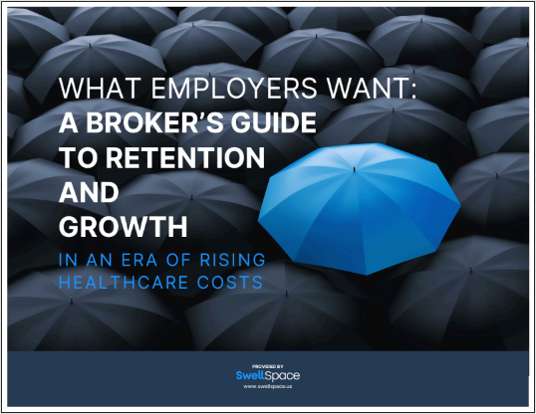JEFFERSON CITY, Mo. – It took six brainstorming meetings between representatives from three credit unions, the Missouri Credit Union System's attorney and the director of the state's Division of Credit Unions and a lot of compromising, but all the parties involved concur that the proposed amendment of the state's CUSO rule is one they can live with. The proposed amendment, the document reads, "allows credit unions greater flexibility in structuring and funding CUSOs, offers credit unions the ability to fund CUSOs engaging in a broader range of activities, modifies the restrictions on the CUSO related activities of certain credit union related parties, and identifies an appeal process." The updating of the state's CUSO rule was part of the process the Division of Credit Unions is currently going through for all of the state's credit union rules. In this exercise, though, Director John Smith did things a little differently – he asked a group of CEOs from credit unions that had investments in CUSO for suggestions and invited them to participate in discussions on what they felt should be included in the proposed amendment and deleted from the CUSO rule on the books. Although there are currently only a few active CUSOs in Missouri, Dennis Pierce, president of Community America CU in Kansas City and one of the invited participants said, "John Smith is an advocate for CUSOs as an opportunity for credit unions to expand their service offerings. He sees CUSOs as being a good vehicle for credit union services, in certain circumstances." What are those circumstances? "It has to be driven by the credit union's business plan," Pierce explained, "how the credit union intends to use the CUSO to help the credit union meet its strategic vision." Also sitting in on the discussion groups from credit unions were Charles Waalkes, president/CEO, St. Louis Telephone Employees CU and Hubert Hoosman Jr., president/CEO, Educational Employees CU. Specifically the proposed amendment address 10 areas: definition; structure; funding; permissible services and activities; CUSO investment in a non-CUSO service provider; prohibited activities; related parties; accounting; director access to books and records; and right to appeal. In general, said Pierce, the proposed amendment-which is a series of addition and deletions to the current CUSO rule-is intended "to make sure the CUSO regulation addresses the specific issues CUSOs are facing in Missouri and nationwide and is broad enough to allow CUSOs to engage in necessary activities." While all the discussion group participants had CUSOs' interests at heart, Pierce offered that the credit unions and the Division of Credit Unions had some different concerns that had to be incorporated into the proposed amendment. "From the Division's standpoint, the director wanted to be sure it was solid was a safety and soundness viewpoint. As credit union folks, we were looking for the widest latitude for CUSOs. The end product is a compromise of viewpoints. Nobody got exactly what they wanted, but we're all satisfied with the finished product," said Pierce. Among some of the provisions that were added to the proposed amendment that weren't included in the former rule is allowing CUSOs to be formed as a limited liability company. Director Smith said an LLC is a more modern way of structuring CUSOs. Funding allowances were also increased to "25% of the credit union's net capital (reserves and undivided earnings), unless prior approval is obtained" from the director. The former regulation restricted funding to 1% of the total paid in and unimpaired capital and surplus of the credit union. Under the section concerning permissible services and activities, a list of 16 activities was added and intended to be only a representational list, not an inclusive list of services and activities a CUSO could engage in. The listing replaced a broader, non-specific list of operational and financial services that was included in the former regulation. Pierce said the one section that proved to be the most controversial point of discussion was the one pertaining to "right to appeal." Credit unions, explained Smith, have always been allowed to appeal the Director's decisions and seek redress through the Credit Union Commission. The proposed amendment allows a credit union to seek administrative review of the Director's decision by the court and through the state government structure. Smith said this procedure has never been done before, "but it was what the credit unions want," he said. At press time, the proposed amendment was undergoing legal review. It will be published in the Missouri Register for 30 days. – [email protected]
Continue Reading for Free
Register and gain access to:
- Breaking benefits news and analysis, on-site and via our newsletters and custom alerts
- Educational webcasts, white papers, and ebooks from industry thought leaders
- Critical converage of the property casualty insurance and financial advisory markets on our other ALM sites, PropertyCasualty360 and ThinkAdvisor
Already have an account? Sign In Now
© 2024 ALM Global, LLC, All Rights Reserved. Request academic re-use from www.copyright.com. All other uses, submit a request to [email protected]. For more information visit Asset & Logo Licensing.








